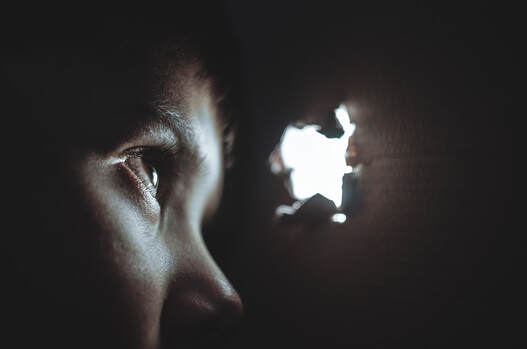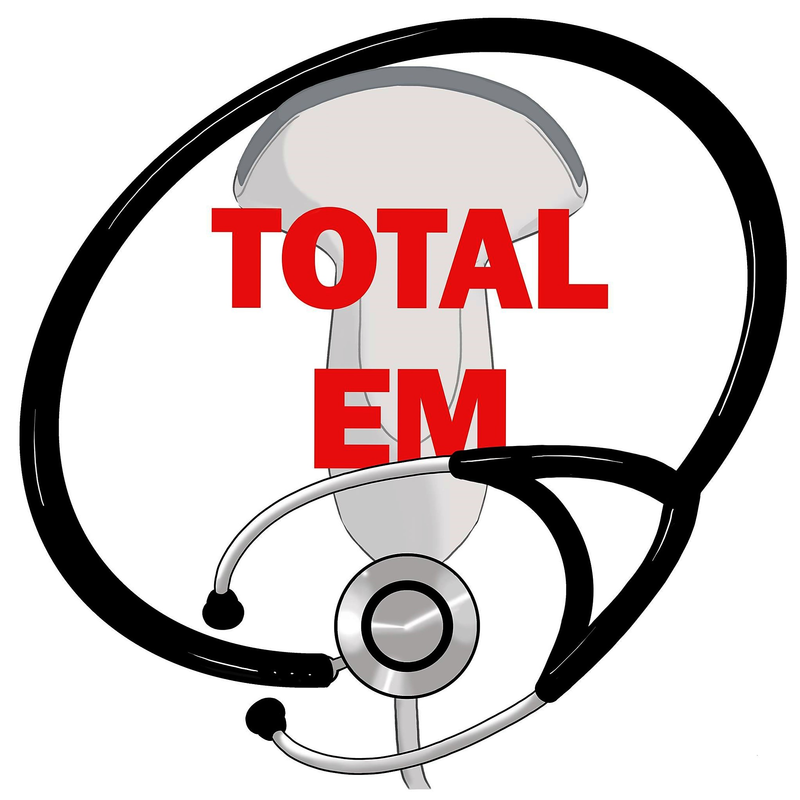Podcast #171 - IPV Educators: Dogmalysis of the History and Physical in Pediatric Abuse/Neglect10/29/2019
Katherine (Katie) Thompson from IPV Educators is back to discuss some more pearls in regards to abuse and neglect. This time, we talk about dogma regarding the history and physical exam components specifically for pediatric abuse and neglect. We pay particular attention to the incorrect dogma that can impact our management.
We are starting a series of podcasts with IPV Educators to specifically discuss pediatric nuances. For the first portion, we want to cover the dogma of the history and physical in pediatric abuse and neglect. We have talked about dogma and more accurately dogmalysis in previous podcasts. The two main podcasts we have covered on this have been regarding dry drowning andheat stroke.
Common domga that is wrong:
Let us know what you think by giving us feedback here in the comments section or contacting us on Twitter or Facebook. Remember to look us up on Libsyn and on iTunes. If you have any questions you can also comment below, email at [email protected], or send a message from the page. We hope to talk to everyone again soon. Until then, continue to provide total care everywhere.
0 Comments
Leave a Reply. |
Libsyn and iTunesWe are now on Libsyn and iTunes for your listening pleasure! Archives
August 2022
Categories |
||||||


 RSS Feed
RSS Feed